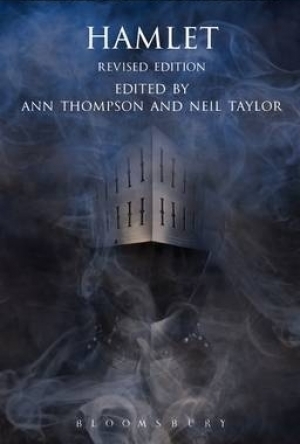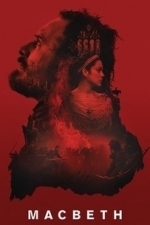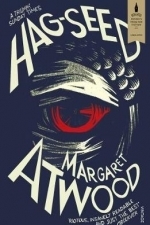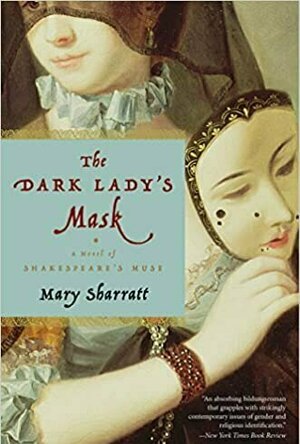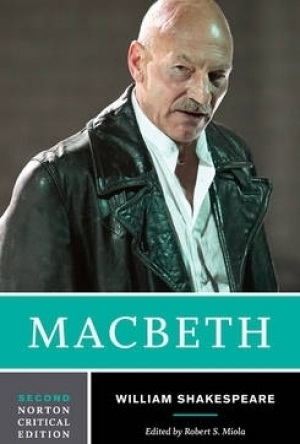Search
David McK (3695 KP) rated Upstart Crow in TV
Feb 26, 2024 (Updated Feb 26, 2024)
BBC Shakespearian comedy, with David Mitchell in the lead role, that basically centres around Shakespeare himself and that - in true sitcom fashion - is centred around where he got the ideas for his plays from.
Some episodes better than others.
Some jokes land; others not so much.
Some episodes better than others.
Some jokes land; others not so much.
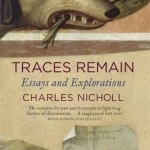
Traces Remain: Essays and Explorations
Book
History leaves traces of the people - Byron, Shakespeare, Rimbaud, Leonardo - living through it, in...
Anyone who knows me knows that I am a hardcore Shakespeare fan. One of my bosses at work knows this and let me borrow her copy of this book thinking that it would interest me. Unfortunately, it fell a little flat.
I do not agree with the main argument of this biography: that William Shakespeare was, in fact, only a pen name for Edward de Vere, the Earl of Oxford. No. I do not agree with this claim, like so many other Shakespeare scholars and lovers because the "facts" put forth are just very thinly stretched ideas and concepts that cannot be proven.
This book, instead of pushing me to think about how this fact could even possibly be true, is more about the life of Edward de Vere and how some of the circumstances in his life would be able to loosely connect to the plays Shakespeare had written. In tying in the plays, Anderson thinks he is making a stronger claim for his argument, but is honestly just trying to connect things that are unalike to "prove" what he is thinking. As an English major, I don't really like that way of thinking much.
Most of what he was trying to argue could have been left out and, instead, just have the appendices left in there. In the approximately sixty pages of the four appendices, he stated what over three hundred pages could not. No, I do not agree with the argument he is making, but it seems like it is stronger and more coherent in the appendix.
I want to point out a specific quotation from the Appendix A on page 381 to make a point about this book. It states: The thesis of this book, the "Oxfordian" proposition that Edward de Vere was Shake-speare, is a theory built on circumstantial evidence. There is no single "smoking gun" document that leads one inexorably to the conclusion that de Vere wrote Hamlet, King Lear, the Sonnets, etc." I understand that it is difficult to try to prove a theory that many argue against (myself included), but basing your argument solely on circumstantial evidence is not the way to go. It makes the argument, at least to me, seem less realistic and, in all honesty, difficult to agree with. If you cannot prove someone is guilty solely based on circumstantial evidence, you should not try to prove a complex argument that a famous playwright was not a real person, but, in fact, a pseudonym for another historical figure around the same time.
The "facts" that de Vere's life has similar qualities to the plays written by Shakespeare leading to the thought that de Vere, himself, is Shakespeare is a stretch, and not a convincing one at that.
Overall, I did not enjoy this book and I did not find it convincing at all. It felt more like a history lesson about the background of Edward de Vere rather than any kind of argument towards the idea that he could have been Shakespeare.
In my heart of hearts, I will always believe that William Shakespeare was, in fact, a real man by the name of William Shakespeare, not some made up name for a man who wanted to keep his private life separate from the public.
I do not agree with the main argument of this biography: that William Shakespeare was, in fact, only a pen name for Edward de Vere, the Earl of Oxford. No. I do not agree with this claim, like so many other Shakespeare scholars and lovers because the "facts" put forth are just very thinly stretched ideas and concepts that cannot be proven.
This book, instead of pushing me to think about how this fact could even possibly be true, is more about the life of Edward de Vere and how some of the circumstances in his life would be able to loosely connect to the plays Shakespeare had written. In tying in the plays, Anderson thinks he is making a stronger claim for his argument, but is honestly just trying to connect things that are unalike to "prove" what he is thinking. As an English major, I don't really like that way of thinking much.
Most of what he was trying to argue could have been left out and, instead, just have the appendices left in there. In the approximately sixty pages of the four appendices, he stated what over three hundred pages could not. No, I do not agree with the argument he is making, but it seems like it is stronger and more coherent in the appendix.
I want to point out a specific quotation from the Appendix A on page 381 to make a point about this book. It states: The thesis of this book, the "Oxfordian" proposition that Edward de Vere was Shake-speare, is a theory built on circumstantial evidence. There is no single "smoking gun" document that leads one inexorably to the conclusion that de Vere wrote Hamlet, King Lear, the Sonnets, etc." I understand that it is difficult to try to prove a theory that many argue against (myself included), but basing your argument solely on circumstantial evidence is not the way to go. It makes the argument, at least to me, seem less realistic and, in all honesty, difficult to agree with. If you cannot prove someone is guilty solely based on circumstantial evidence, you should not try to prove a complex argument that a famous playwright was not a real person, but, in fact, a pseudonym for another historical figure around the same time.
The "facts" that de Vere's life has similar qualities to the plays written by Shakespeare leading to the thought that de Vere, himself, is Shakespeare is a stretch, and not a convincing one at that.
Overall, I did not enjoy this book and I did not find it convincing at all. It felt more like a history lesson about the background of Edward de Vere rather than any kind of argument towards the idea that he could have been Shakespeare.
In my heart of hearts, I will always believe that William Shakespeare was, in fact, a real man by the name of William Shakespeare, not some made up name for a man who wanted to keep his private life separate from the public.
Phoebe Robinson recommended Hamlet in Books (curated)
Benny Sadfie recommended Macbeth (2015) in Movies (curated)
Suswatibasu (1703 KP) rated Hag-Seed: The Tempest Retold in Books
Jul 24, 2017
Genius Atwood reinvents Shakespeare
As a fan of Margaret Atwood I was looking forward to this book but it exceeded my expectations.
Having performed The Tempest as a child, it was an incredibly innovative approach to tell a completely modern story but using an old Shakespearean plot, while describing the play itself. Not only did it highlight Atwood's ingenuity, it also showed how relevant Shakespeare continues to be. The revenge itself was brilliant and extremely fulfilling - as well completely unexpected.
Be prepared for long expanations into The Tempest - it might be boring for those who aren't a fan. It definitely felt like studying it all over again but with a fresh perspective.
Having performed The Tempest as a child, it was an incredibly innovative approach to tell a completely modern story but using an old Shakespearean plot, while describing the play itself. Not only did it highlight Atwood's ingenuity, it also showed how relevant Shakespeare continues to be. The revenge itself was brilliant and extremely fulfilling - as well completely unexpected.
Be prepared for long expanations into The Tempest - it might be boring for those who aren't a fan. It definitely felt like studying it all over again but with a fresh perspective.
The Chocolate Lady (94 KP) rated The Dark Lady's Mask in Books
Oct 5, 2020
With all due respect for Sharratt's really nicely written prose, I was unable to finish reading this book. I have a great love of historical fiction, and am willing to accept no small amounts of literary license when it comes to adjusting some facts to fit the story - for example, it is possible that William Shakespeare could have been bi-sexual. However, I was unable to overcome the blatant rewriting of history to suspend belief when, in this novel, William Shakespeare is still an impoverished poet AFTER the death of Christopher Marlowe. This is really too bad, because I had such high hopes for this book. My sincere apologies, and I'm sure other readers will be more forgiving.
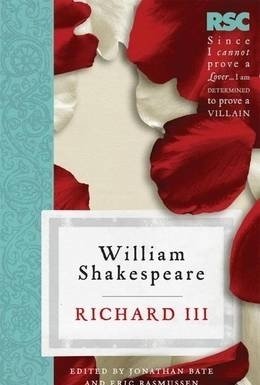
Richard III
Jonathan Bate, William Shakespeare and Eric Rasmussen
Book
With interviews with actors and directors including Simon Russell Beale, Bill Alexander and Richard...
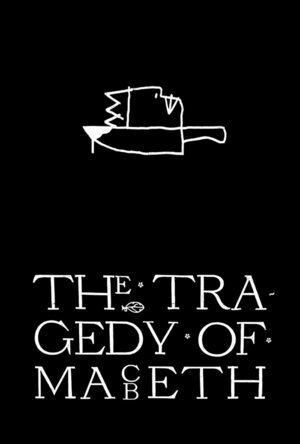
The Tragedy of Macbeth (2021)
Movie
A Scottish lord becomes convinced by a trio of witches that he will become the next King of...

